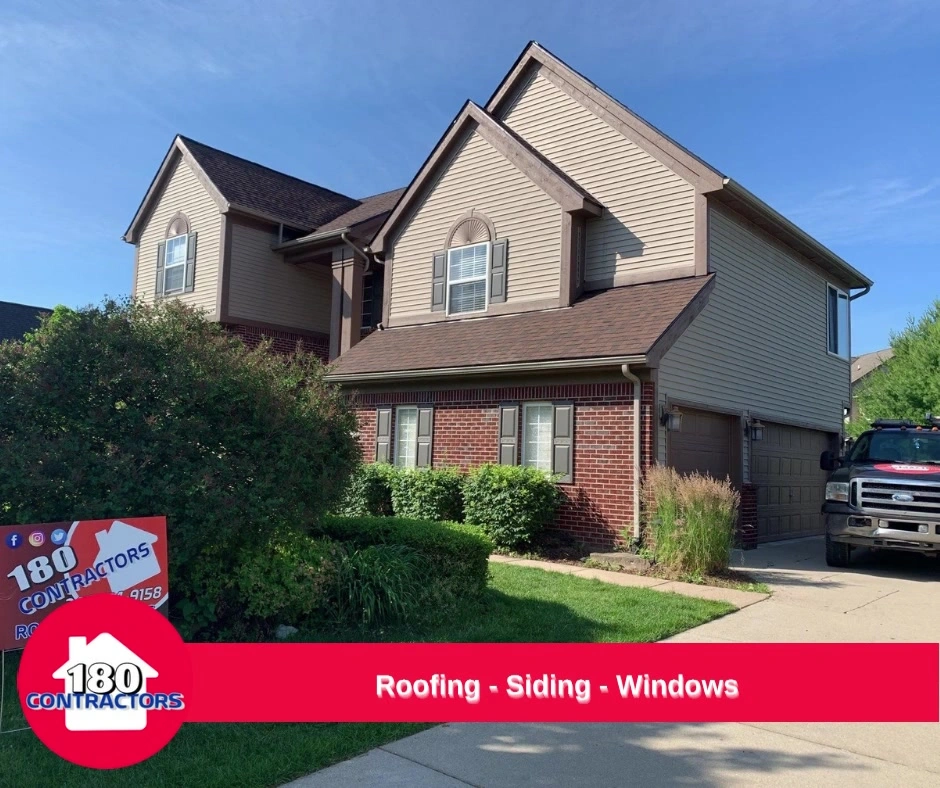
Embarking on a new roof installation or replacement is a significant decision for any homeowner. It involves understanding the intricacies of cost estimation and navigating the available financing options to ensure the project aligns with financial capabilities and home improvement goals. This comprehensive guide delves into the meticulous process contractors use to estimate the cost of a new roof and the financing solutions available to homeowners, ensuring a well-informed decision-making process.
In-Depth Roof Inspection: The Foundation of Accurate Estimates
The journey to a new roof begins with a thorough inspection. Experienced roofing professionals conduct an exhaustive assessment of the roof’s current condition. This critical first step involves evaluating the roof’s age, identifying any existing damage, and understanding the cause of such issues. Contractors meticulously examine every component of the roof, including the covering, eaves, valleys, ridges, vents, flashing, and any rooftop equipment. This detailed inspection is crucial for gathering the necessary information to provide a precise estimate.
Precise Measurements and Material Selection
Following the inspection, contractors measure the roof to grasp the project’s scope fully. These measurements are essential for calculating the quantity of materials needed, ensuring an accurate cost estimate. The evaluation extends beyond the visible parts of the roof to include critical but often overlooked elements such as ice and water shields, underlayment, nails, flashing, vents, hip, and ridge caps. Each of these components plays a vital role in the roof’s overall performance and longevity, making their inclusion in the estimate essential for a comprehensive project overview.
Labor, Overhead, and Profit: The Business Side of Roofing
An accurate estimate also accounts for labor costs, equipment rentals, overhead expenses, and the contractor’s profit margin. This holistic approach ensures that every aspect of the roofing project, from the physical installation to the administrative and operational tasks, is considered. The result is a formal, written estimate that provides transparency and builds trust between the homeowner and the contractor.
Factors Influencing New Roof Costs
Several variables play a pivotal role in determining the final cost of a new roof. Understanding these factors can help homeowners make informed decisions about their roofing projects:
Roof Size
The size of the roof directly impacts the amount of materials and labor required, making it a significant factor in the overall cost. Larger roofs necessitate more materials and more man-hours to complete, increasing the project’s price.
Material Type and Quality
The choice of roofing materials is crucial, as it affects both the project’s cost and the roof’s longevity. High-quality materials, while more expensive upfront, can offer better durability and longer life spans, providing more value over time.
Roof Complexity
The complexity of a roof, including the number of valleys, hips, ridges, and the steepness of its pitch, can significantly affect installation difficulty. Complex roofs require more time and skill to install, increasing labor costs. Additionally, safety considerations for working on steep pitches may necessitate extra equipment, further impacting the project’s cost.
Disposal and Transportation Fees
The removal and disposal of the existing roof are often overlooked aspects of a roofing project that can influence the overall cost. The process is labor-intensive and requires proper handling of materials, contributing to the project’s expense.
Decking and Rafters Replacement
The condition of the roof’s decking and rafters is a critical consideration. If replacements or repairs are needed, this can add to the project’s cost. Identifying these needs early in the process allows for a more accurate estimate, while unexpected discoveries during the project can lead to additional charges.
Financing Your Roofing Project: Making It Accessible
Recognizing the substantial investment a new roof represents, many homeowners explore financing options to spread out the cost. Roofing contractors often collaborate with financing companies to offer competitive loan options, making the project more financially manageable. These partnerships enable homeowners to access flexible payment plans, ensuring they can proceed with their roofing projects without undue financial strain.
180 Contractors Roofing and Siding, based in Waterford, Mi, stands as a prime example of a roofing service provider dedicated to excellence. Our commitment to providing detailed estimates and accessible financing options underscores our dedication to customer satisfaction and value.
The Importance of Choosing the Right Contractor
Selecting a reputable and experienced roofing contractor is paramount. A trusted contractor not only provides accurate estimates and quality workmanship but also assists homeowners in navigating the financing options available. This partnership is crucial for achieving a successful roofing project that meets both quality and budgetary requirements.
Conclusion
The process of estimating the cost of a new roof and exploring financing options is complex, requiring careful consideration of various factors. From the initial roof inspection to the selection of materials and understanding the project’s labor and overhead costs, each step is vital for creating an accurate estimate. Financing options play a crucial role in making roof replacement projects accessible, allowing homeowners to invest in their property’s future without compromising financial stability. By partnering with a reputable contractor like 180 Contractors Roofing and Siding, homeowners can ensure a smooth, transparent, and value-driven roofing project.
